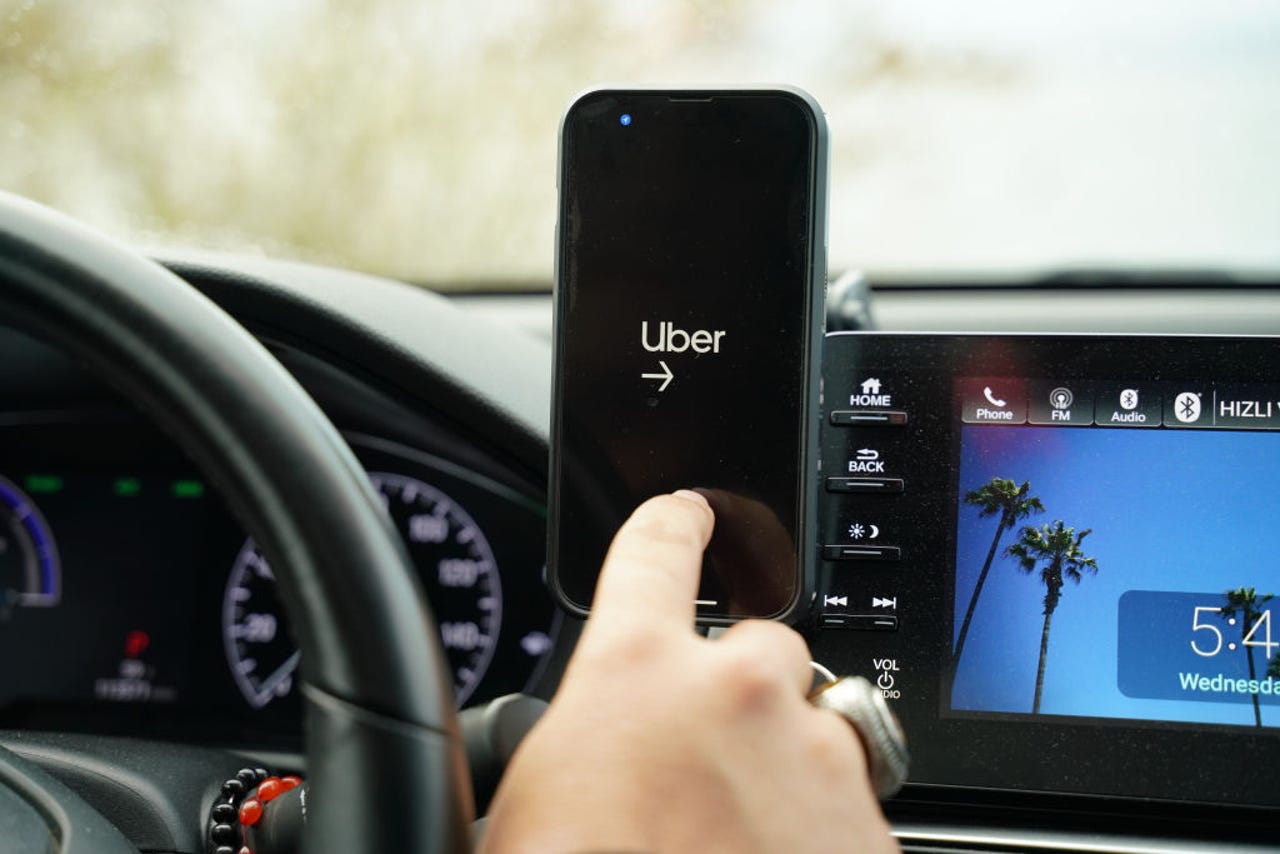BOOK THIS SPACE FOR AD
ARTICLE AD
Uber will be expanding its rider verification program across the US starting Sept. 18. That expansion is important because, in case you haven't heard, being a driver for the ride-sharing platform can be dangerous.
There have been several instances where an Uber driver has been put in harm's way or outright scammed. In response, the company began testing a more robust verification feature as part of a new push to protect both parties in a ride.
Also: Uber just unveiled a shuttle service and 4 other ways to save you money
Here's how the feature will work. The company will cross-check the information in a rider's account "against trusted third-party databases". If a customer prefers, they can upload an image of a government-issued ID, passport, or other official documentation to the app. Assuming everything goes well, users will receive a verified badge, complete with a blue checkmark on their account.
Uber states it is taking this action to "deter fraudulent behavior" and give everyone involved peace of mind. The company wants to give drivers the "confidence that they aren't being scammed or targeted".
The rider verification program is optional. However, unverified persons may experience "longer ETAs and pickup times," Uber said.
Also: iPhone 16 better thwarts hackers who use the camera or microphone to spy on you
Alongside the program, Uber is adding several safety features to its app.
First up, Record My Ride is rolling out nationwide. This feature enables drivers to use "the camera on their smartphone to record video and audio during trips." Every recording is "encrypted and stored" on a mobile device's storage drive, and no one can look at the footage unless the driver sends it to Uber for review, the company said.
Next, drivers are gaining the option to turn on PIN verification so they can confirm the person they're picking up is correct. Customers may also receive warnings if a driver reports them for potentially "rude or inappropriate behavior". Uber is also testing a feature that allows drivers to block riders who rate a "trip two or three stars".
Also: Want to access OpenAI's new o1 model? You have two options
Uber's rival Lyft has its own rider verification program, although this feature is still in its early stages.
.png)
 2 months ago
27
2 months ago
27 














 Bengali (Bangladesh) ·
Bengali (Bangladesh) ·  English (United States) ·
English (United States) ·